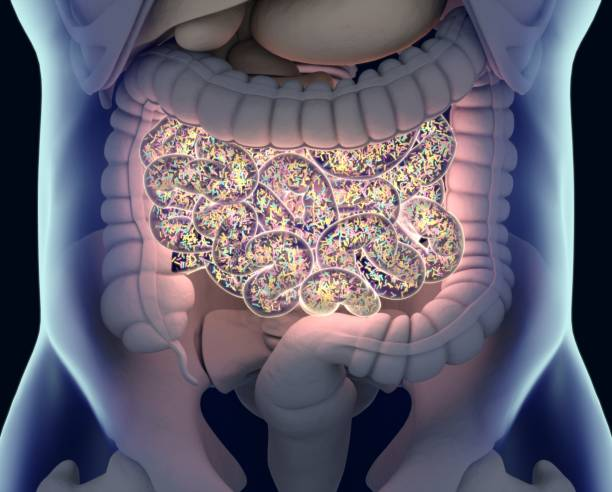
A randomized controlled trial in Australia and Canada found that selective decontamination of the digestive tract (SDD) in critically ill patients undergoing mechanical ventilation in the intensive care unit (ICU) did not reduce the incidence of in-hospital death, researchers reported yesterday in the New England Journal of Medicine.
In the trial, a team led by investigators from the University of Toronto and the University of New South Wales randomly assigned 26 ICUs in Australia and Canada to use SDD or to continue standard care for two 12-month periods in patients undergoing mechanical ventilation. The primary outcome was in-hospital death from any cause at 90 days. Microbiologic secondary outcomes included new positive cultures for bloodstream infections and antibiotic-resistant organisms.
The principal aim of SDD, which involves the application of a topical oral antibiotic paste to the oropharynx and stomach in combination with intravenous antibiotics, is to prevent the development of lower respiratory tract infections that can result from an overgrowth of gram-negative bacteria and yeast from upper gastrointestinal tract in mechanically ventilated patients. While more than 75 trials and systematic reviews have found that SDD is associated with reductions in mortality, adoption has been low because of concerns about the development of SDD-associated antibiotic resistance.
No reduction in in-hospital deaths
A total of 20,000 patients were involved in the trial, with 9,289 enrolled in the randomized trial and 10,711 included in an ecological assessment of microbiologic outcomes. At 90 days, 1,174 (27.9%) of 4,215 patients in the SDD group and 1,494 (29.5%) of 5,065 in the standard-care group had died before hospital discharge. The odds ratio for death in the SDD group relative to the standard-care group was 0.93.
New bloodstream infections occurred in 4.9% of the patients in the SDD group and in 6.8% of those in the standard-care group (adjusted mean difference, −1.30 percentage points), while antibiotic-resistant organisms were cultured in 16.8% and 26.8%, respectively (adjusted mean difference, −9.6 percentage points).
In the ecologic assessment, noninferiority of SDD was not confirmed for the development of new antibiotic-resistant organisms. Adverse events were reported in 12 patients (0.3%) in the SDD group and in no patients in the standard-care group.


















